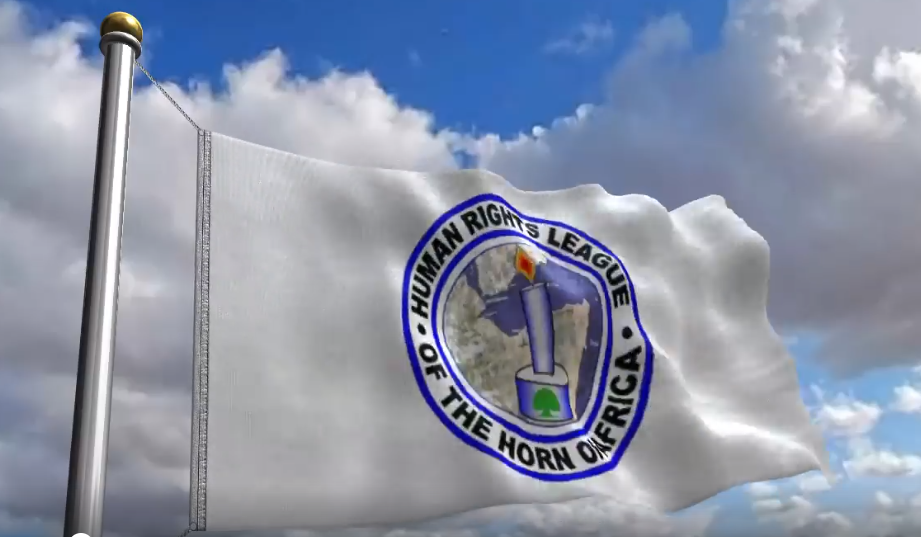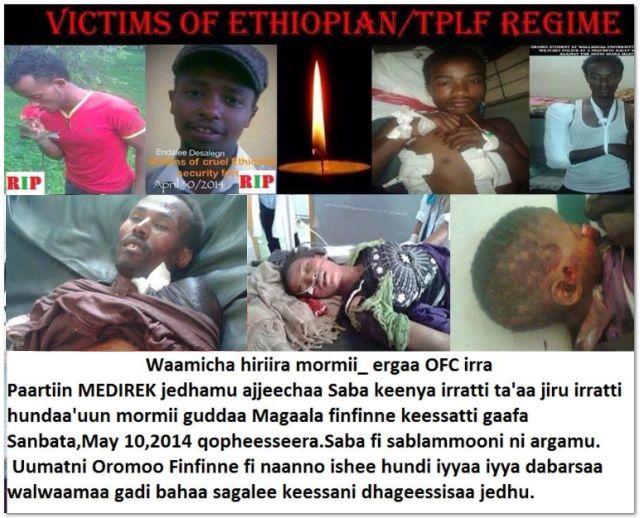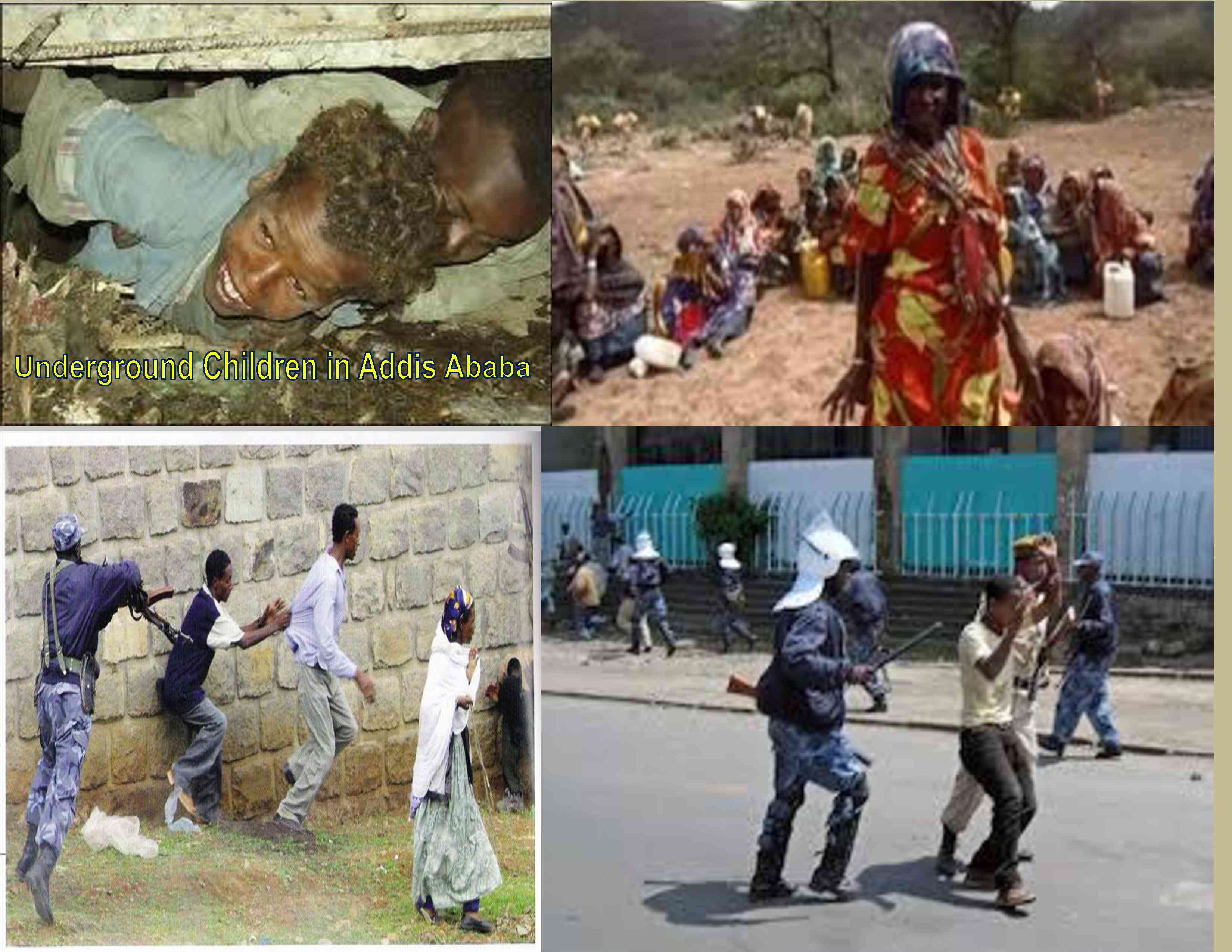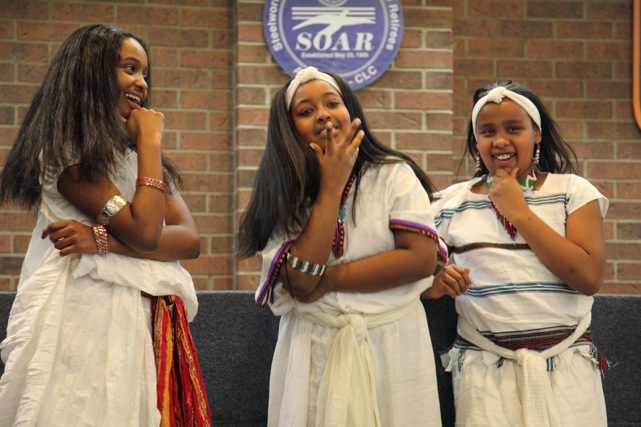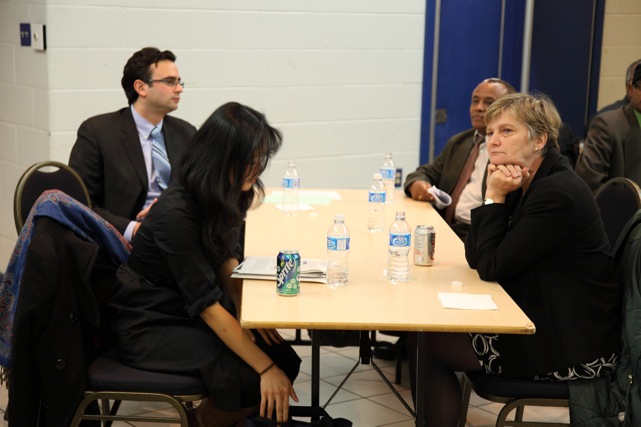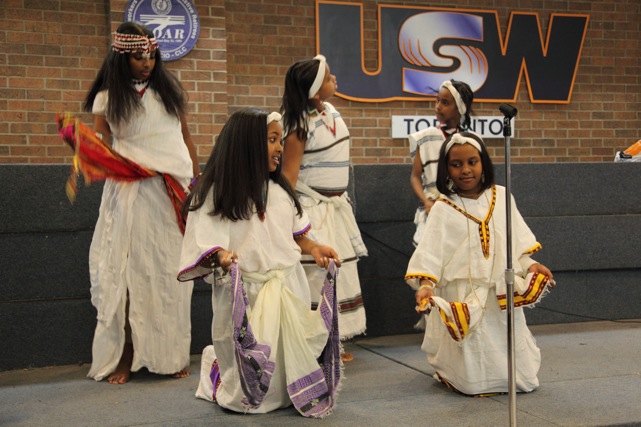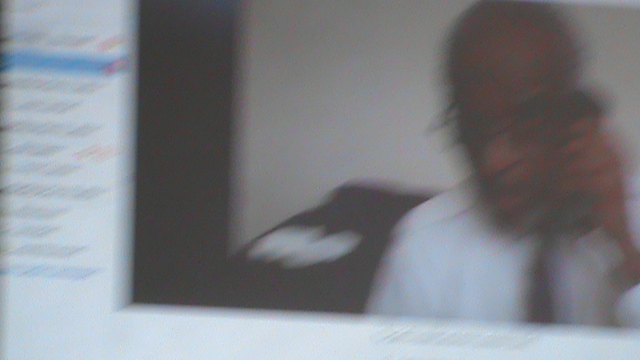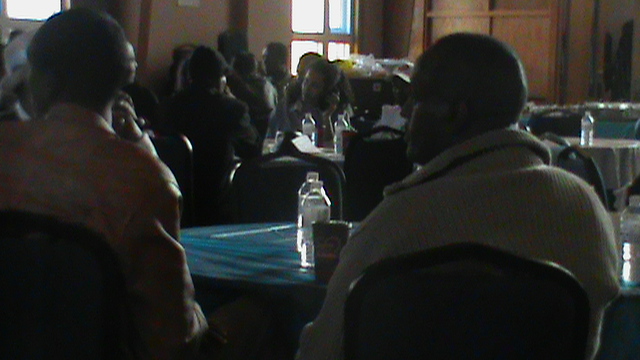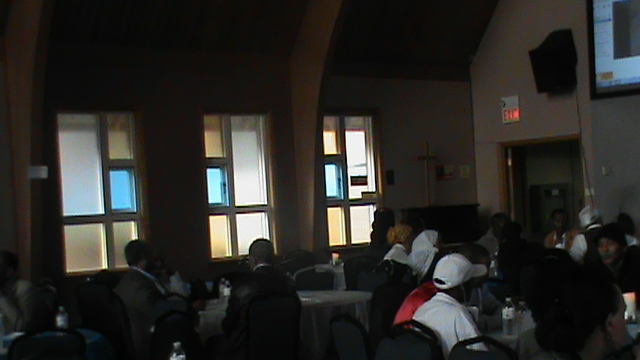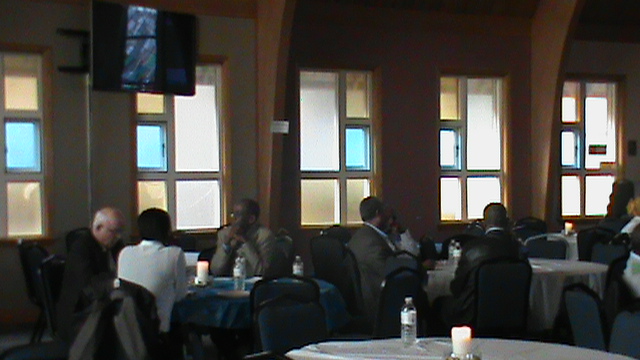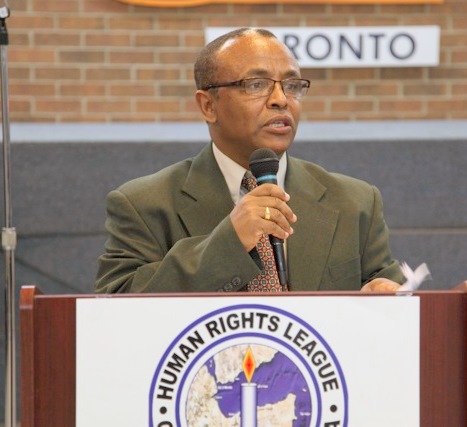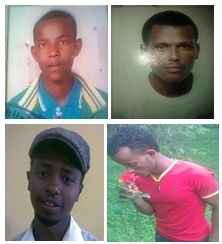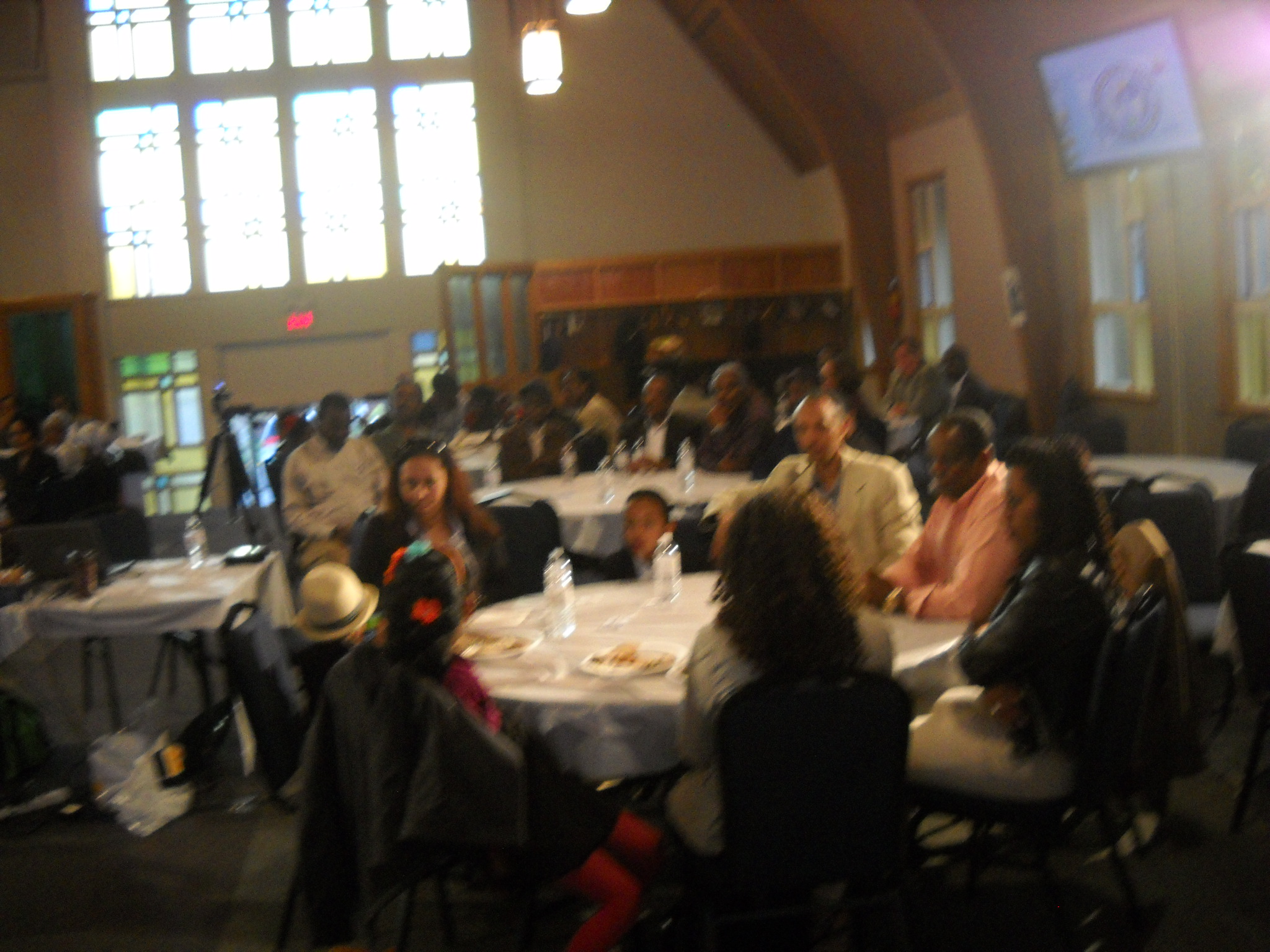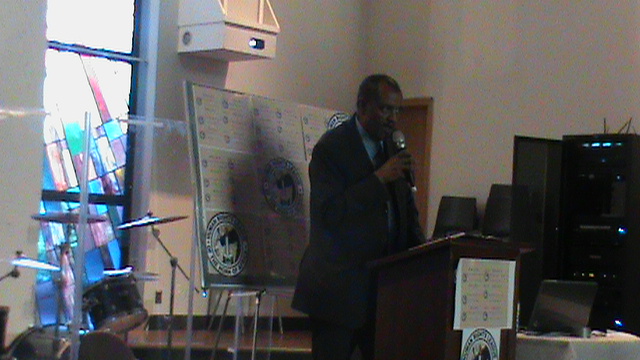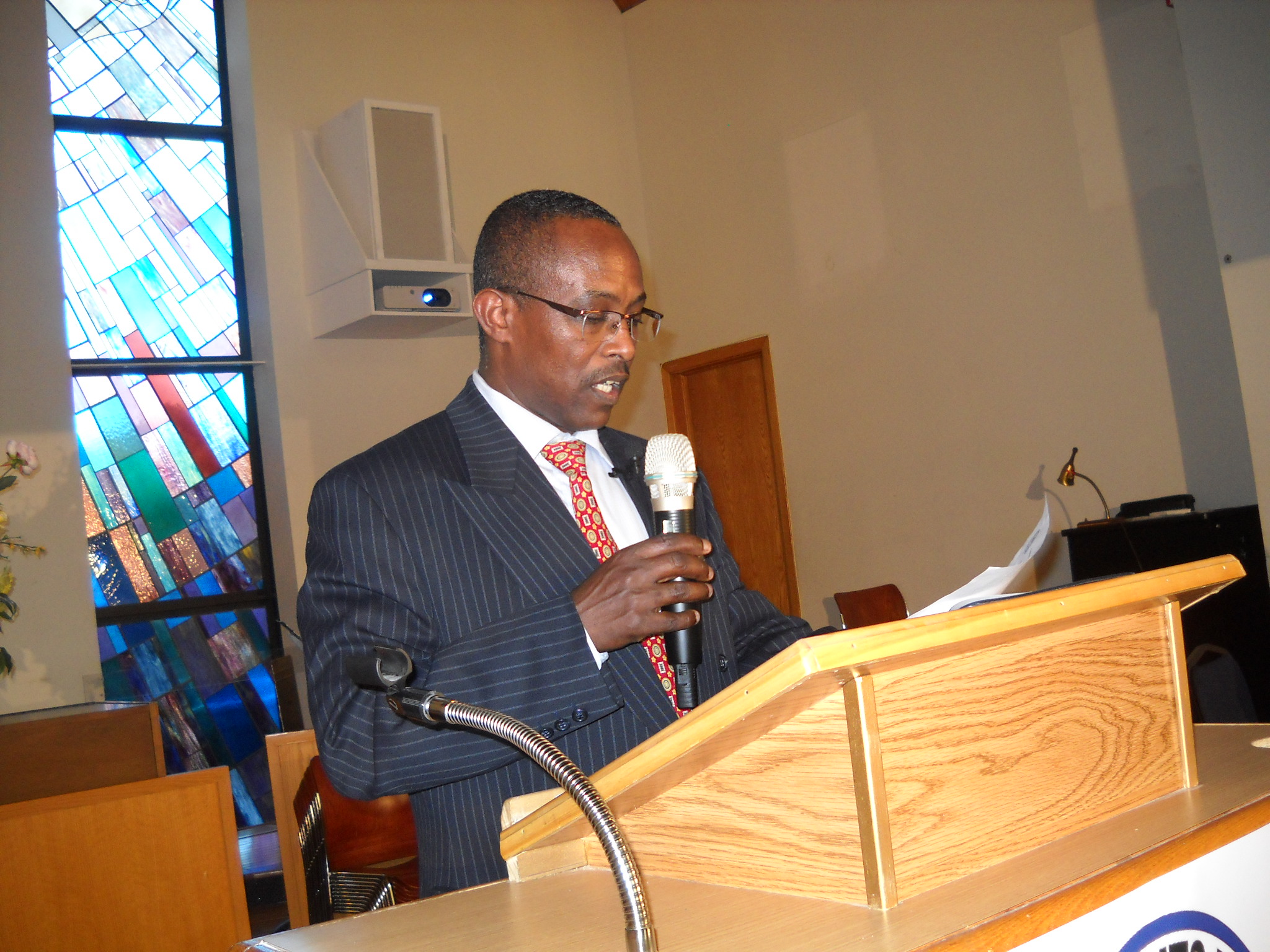(Freedom House)
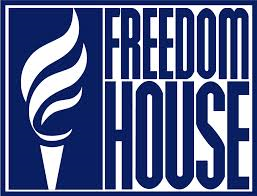 As next month’s U.S.-Africa Leaders’ Summit in Washington approaches and the Young African Leadership Initiative (YALI) rapidly ramps up to scale, the Obama administration’s focus on the importance of leadership in Africa is evident. Its main message is that trade, investment in Africa, and entrepreneurship are vital. While there is passing reference to strengthening Africa’s democratic development, the economy clearly comes first.
As next month’s U.S.-Africa Leaders’ Summit in Washington approaches and the Young African Leadership Initiative (YALI) rapidly ramps up to scale, the Obama administration’s focus on the importance of leadership in Africa is evident. Its main message is that trade, investment in Africa, and entrepreneurship are vital. While there is passing reference to strengthening Africa’s democratic development, the economy clearly comes first.
But does it? Can any nation’s economy flourish to the benefit of all when governance is flawed, human rights are flagrantly violated, and ethics are considered irrelevant? Economies exist to improve the quality of life for people, not the other way around. Yet the Obama administration’s high-profile initiatives to embrace Africa have given short shrift to ethical leadership, democracy, and good governance. This exacerbates the impact of Congress’s recent deep funding cuts to long-standing support for democracy, human rights, and governance (DRG) programming abroad. When economic growth is divorced from universal human rights values, nations falter. Ethiopia may appear to be a success story, as its macroeconomic vitality is publicly embraced by Washington, but the country’s worsening human rights abuses are rarely discussed. Setting the normative marker for what constitutes good governance ought to be at the heart of the upcoming summit, and at the core of the YALI curriculum.
Unethical leadership is clearly linked to poor governance; one need only observe the intense and persistent political volatility across sub-Saharan Africa, as demonstrated unequivocally in Freedom House’s Freedom in the World reports over the years. Yes, the continent has recently seen promising recoveries from internal conflict in some countries (Mali, Côte d’Ivoire), and incremental improvements in others (Madagascar, Senegal, and Togo), but for much of the region the reality is more about insecurity, coups, insurgencies, and authoritarian crackdowns. Freedom House’s latest report has noted particular concerns in the Central African Republic, The Gambia, South Sudan, Uganda, and Zambia, but the list of African countries afflicted by unethical and undemocratic leadership is a long one. Without ethical governance, the prospect of economic growth benefiting those most in need is a cynical fiction.
Present-day Africa defines a good leader as one who isn’t terminally corrupt, brutal, or incompetent. Many of the African heads of state invited to the upcoming summit obviously pass that low threshold, while some, such as Kenya’s Uhuru Kenyatta or Rwanda’s Paul Kagame, teeter on the edge. But much of Africa remains encumbered by venal dictators whose consistently unethical behavior deprives their citizens of any reasonable hope for a better life in the near future. President Yoweri Museveni of Uganda is hard at work building a legacy of progressively more authoritarian and corrupt rule, replete with “safe houses” in which to torture opponents and politically expedient distractions like attacks on vulnerable members of the LGBTI community.
On the other side of the continent is Africa’s dean of the dictator corps, Teodoro Obiang Nguema Mbasogo, who has ruled Equatorial Guinea since 1979. Despite their nation’s considerable oil wealth, most Equatorial Guineans can’t even find clean water, and one fifth of the country’s children die before the age of five. Those who do survive will struggle with substandard public services, appallingly low standards of health care, and a largely dysfunctional educational system. As in Nigeria, oil revenue in Equatorial Guinea is diverted into the pockets of a tiny elite, who spend it on lavish properties and investments abroad, private jets, and frivolous collectibles. A similar arrangement is in place in Angola, where head of state José Eduardo dos Santos lags only one month behind Obiang in the continent’s longevity-in-office competition. Angola and its vast oil and diamond resources are treated as his and his immediate family’s personal property—yet more than two-thirds of the population live below the poverty line, and almost one-third of Angola’s children are malnourished.
There are many other contenders for “worst of the worst” African leaders, including Robert Mugabe of Zimbabwe, Omar al-Bashir of Sudan, King Mswati III of Swaziland, and Isaias Afwerki of Eritrea. New challengers are emerging in South Sudan, where citizens who have suffered massive unrest, displacement, and violence over the past 20 years are once again losing even the vestiges of hope for democratic, ethical leadership as the country’s rival strongmen, former vice president Riek Machar Teny Dhurgon and President Salva Kiir Mayardit, rapidly dismember the new nation with their tribal warfare. The Central African Republic illustrates the disaster than can ensue when a state crumbles under the weight of decades of corrupt, feckless, and undemocratic leadership. Since its capital fell to a rebel movement last year, the country has struggled to reestablish any government at all, the vacuum having been filled by appalling levels of ethnic and religious-based violence. Yawning gaps in state control have similarly been occupied by vicious extremists such as Boko Haram in Nigeria, Al-Shabaab in Somalia, and numerous militias in the DRC.
Leadership experts such as Professor Joanne Ciulla have argued that “the quality and worth of leadership can be measured only in terms of what a leader intends, values, believes in, or stands for—in other words, character.” Considering the character and record of some of the African heads of state who will gather in Washington in early August, and the few who are so infamous that they were not invited, the ethical leadership debate is long overdue. Such leaders condone and in some cases directly support egregious violations of human rights on a scale and with an intensity that are nearly inconceivable for those of us living in established democracies. Key problems across much of the continent include the pervasive subjugation of women and girls, the brutal victimization of civilians in violent conflicts, the widespread and intensifying abuses of the human rights of LGBTI people, the deep corruption and lack of democratic commitment among political leaders, and the erosion of the rule of law. Yet no reference to expectations of ethical leadership has found its way onto the agenda for the Leaders’ Summit, and such concerns are at best watered down and “mainstreamed” throughout the YALI program.
Sadly, the image of sub-Saharan Africa around the world is one of fundamentally flawed leadership, in which commitment to the public good, genuine nation-building, and the hard work of peace-building have yet to be realized. But there are already several democratic exceptions on the continent, and there is no reason to believe that Africa is doomed to a future of poor governance. Like other regions once dominated by authoritarian rule, it could move toward a different future in which economic growth is directly linked to a commitment to universal human dignity. This will require a foundation of ethical leadership that harnesses the energies of African youth. The potential success of young Africans emerging into ethical leadership on the continent depends in large measure on the political will of other global leaders of character and integrity. Such leaders must hold incumbent African heads of state accountable for their grossly unethical performance to date. The upcoming U.S.-Africa Leaders’ Summit is the place to start.
Written by: Chloe Schwenke, Vice President of Global Programs
Source: Freedom House website
